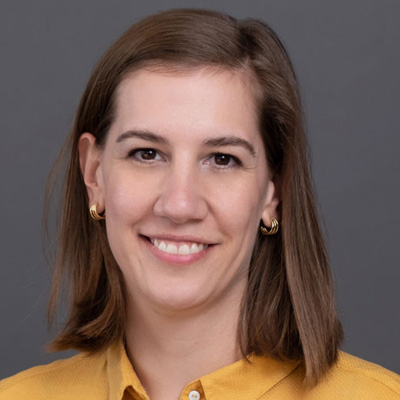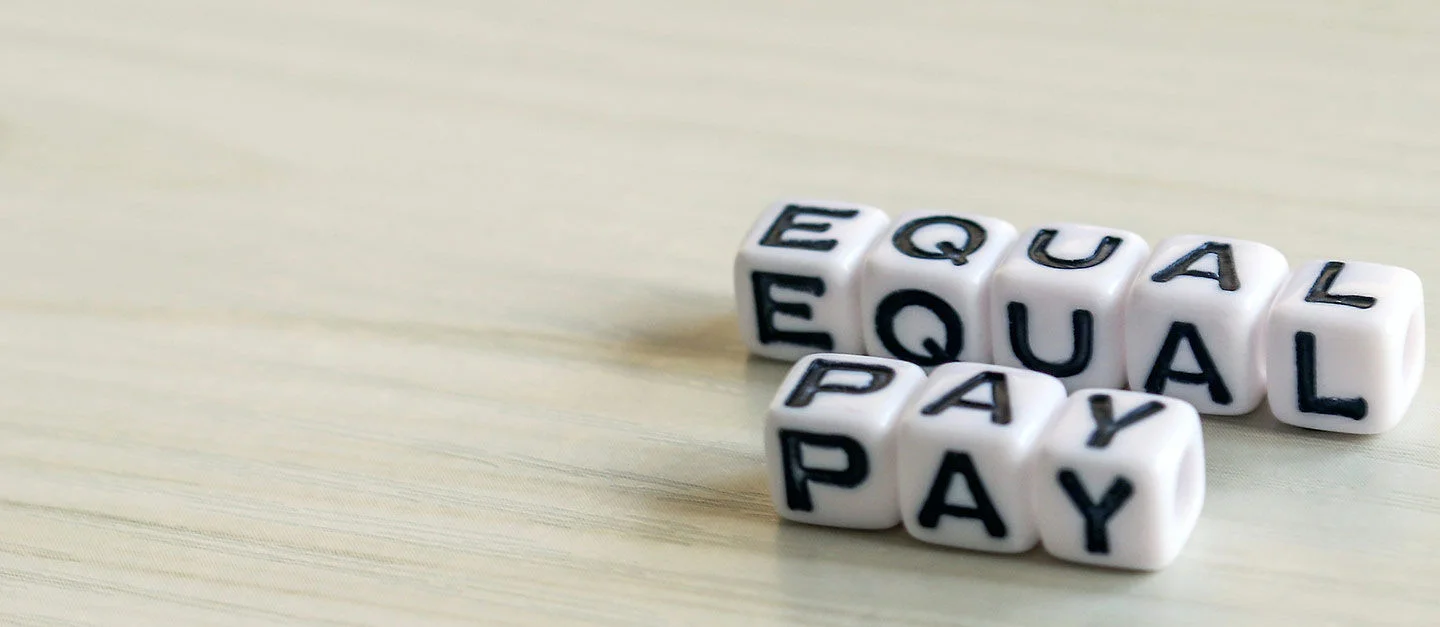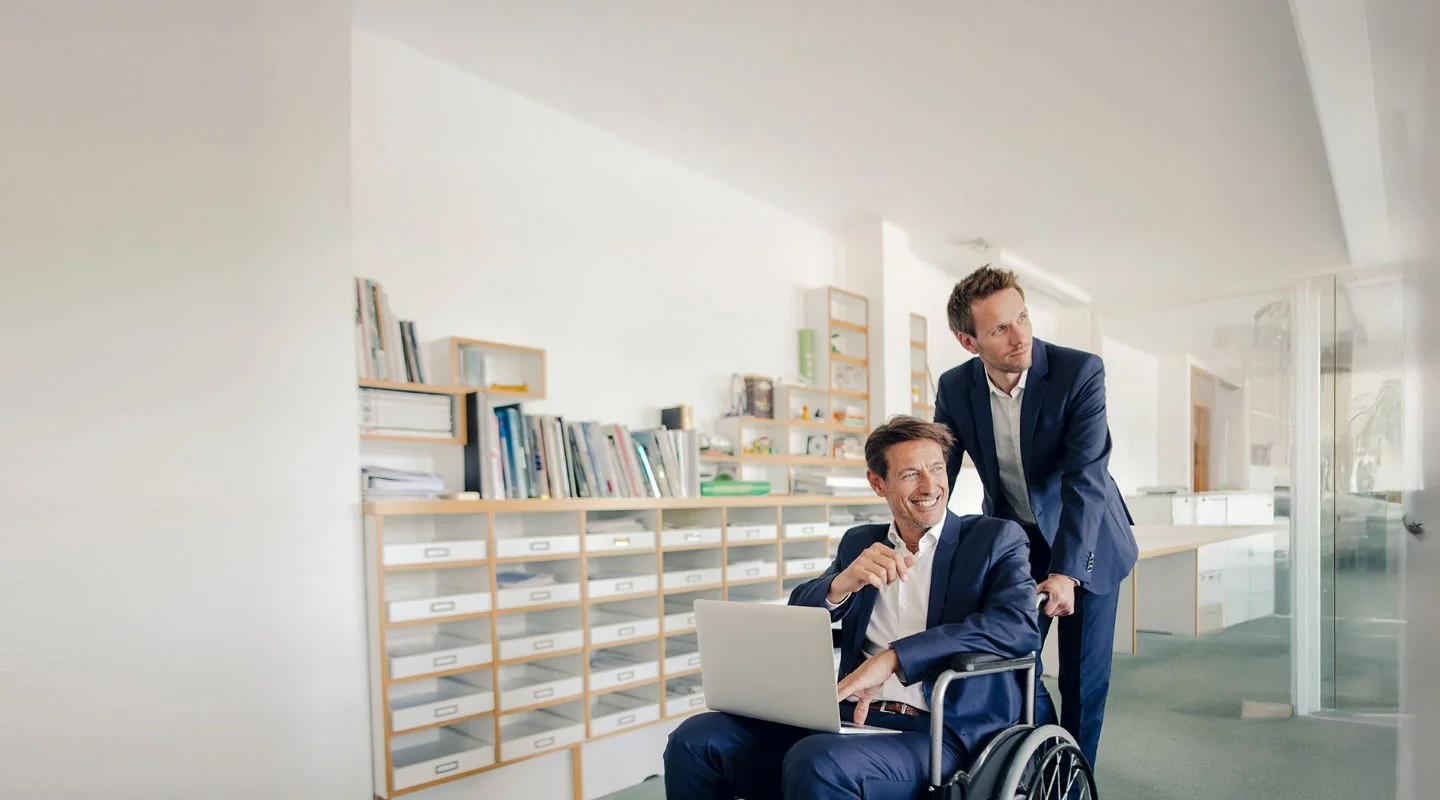Career
For the health of employees.
Generali is using targeted measures to improve mental health.
Generali is putting words into action. For us, mental health is not just an empty phrase, but something that our health management team supports with targeted measures. What does that mean exactly, and what is behind it?
We care about the health of our employees
In this interview, Monique, who is responsible for health management at Generali, explains how Generali specifically works to support employees' mental health.
Monique, why are you taking action for the mental health of your colleagues at Generali?
Monique: For the company, employees are the most important resource. So it is very important to me that our employees are well. Mental health is just one part of the bigger picture. It is part of our occupational health management (OHM), which is vitally important to us. Confronted with ever-increasing time and performance pressure, employees can quickly be forgotten.
How can you best counter this time and performance pressure?
Monique: In OHM, we evaluate needs and offer employees tailored measures. These may take the form of training courses, webinars, activities, presentations or other events. The courses for mental and physical health are included in our training catalogue as standard and are available to all employees.
Is it a coincidence that mental health received a lot of attention in particular during the pandemic?
Monique: OHM is a fixed component of our corporate culture and was around before the pandemic. A year ago we received the label “Friendly Workspace”. For this we had to fulfil numerous criteria in the field of health.
But the pandemic has very clearly highlighted the importance of this. Particularly in our focal area, mental health. It was already an important issue beforehand, but the pandemic has made it much more significant. We’re no longer just talking about it; we are also taking action, and we’re offering even more support.

This year we launched a ten-step model for mental health. We are constantly talking about this model to make sure we reach every single employee.
How exactly are you doing that?
Monique: Each employee is dealing with the pandemic differently. Some people have no problem working from home. Others have a harder time with the isolation. We have discovered that, on the one hand, colleagues miss the contact with each other. On the other, the boundaries between work and leisure time are becoming more fluid.
With the model “Ten Steps for Your Mental Health” we will be addressing one step each month. This means that our communication on mental health is constant – and that is precisely what is important to us.
Are these ten steps being promoted by the whole company, or is it mainly HR that is involved?
Monique: Mental health affects all of us. We want to raise awareness among employees, and strengthen them. Our HR team has an important role in this. But it’s not enough. We need other people in the company who can form a bridge so we reach every single employee. That’s why we have put together an OHM specialist group. The specialist group consists of representatives from our various departments and they relay information about our work and what we offer into every area.
Do employees take an active part in working on these issues?
Monique: That varies. We support the steps with suitable activities wherever possible. For the “Stay active” step, for example, we have organised a team step challenge. In February we were busy counting our steps in teams of five. The employees really got moving and were able to motivate each other in their teams. For other steps we provide support in the form of content, tips and reading recommendations. And naturally we have other great activities planned for this year.

Monique Müller
Responsible for health management

 Contact
Contact
 Find an agency
Find an agency









 Close
Close





